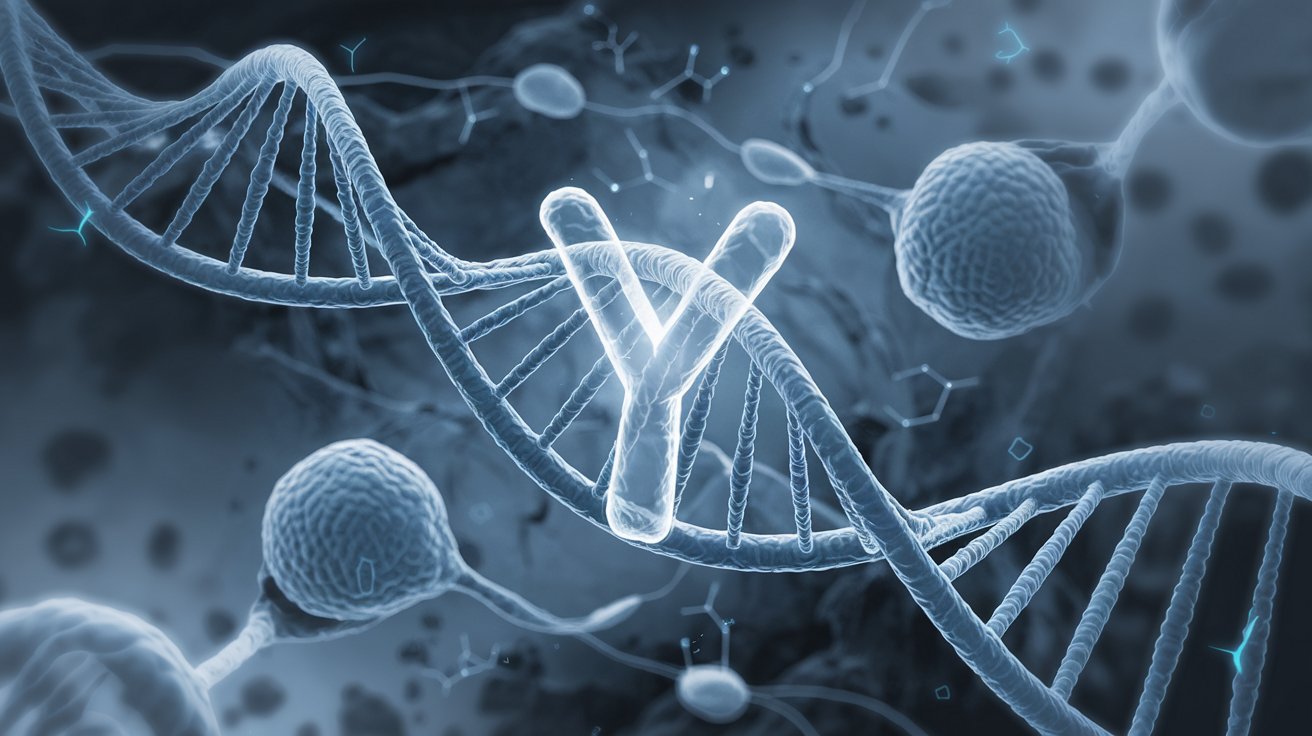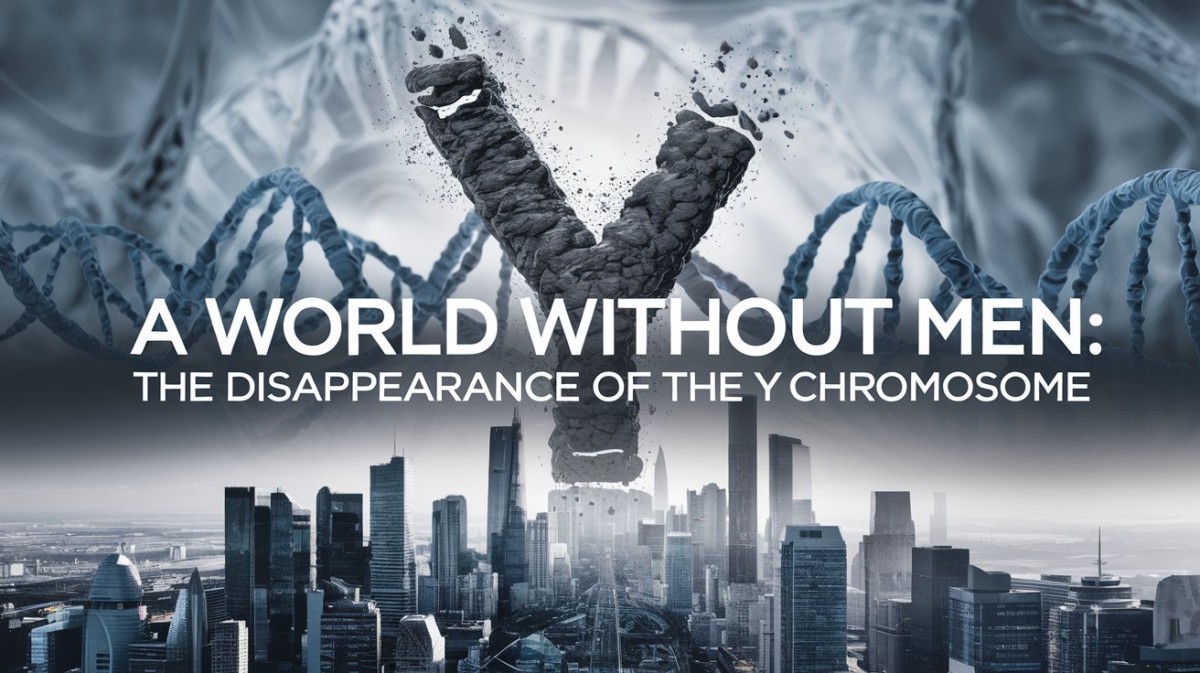Scientific curiosity has long been fixed on the Y chromosome, which regulates male sex traits. Based on current research studies, scientists have indicated that this chromosome is actually fading out and may one day be completely zipped. While this may seem like a distant concern, it raises an intriguing question: what if suddenly the Y chromosome disappeared, causing men to become extinct? In this blog we will try to offer an idea of what it is like to live in a world where such a scenario has become a reality and what it means for the society, from reproduction and family structure, to gender roles and culture.
The Biological Context

Before diving into the societal implications, it’s essential to understand the biological context. The Y chromosome is responsible for the development of male physical traits and plays a crucial role in sperm production. If the Y chromosome were to vanish completely, it would mean that natural male reproduction could no longer occur. This raises questions about how future generations would be conceived and what reproductive technologies might emerge in response.
Reproductive Technologies

With men eliminated from this matrix, reproductive technologies as a concept would undergo a dramatic shift. Today, in technologies such as In Vitro Fertilisation (IVF) sperm is stored and can be used later, however, with no males, other options would have to be considered. Another potential is the so-called artificial sperm, which can be built from female cells using sophisticated genetics technologies. Despite this, the idea under discussion is not purely hypothetical; scientists are already searching for ways to derive gametes from stem cells.
Nevertheless, this has a very uncanny implication for the prospective parent even with the developments in reproductive technologies; the social and psychological face of reproduction would shift drastically. The traditional family structure might change since women might assume both the roles of the male and female parent, or raise the offspring in shared premises. The idea of motherhood could be extended away from the biological context leading to perceived and real families’ diversification.
Shifts in Gender Dynamics
This, of course, suggests that the disappearance of men would automatically shift the power relations within gender roles. Consequently, it may be supposed that in the given society where only women can give birth, the paradigms of gender stereotypes do not necessarily involve instrumentalities. Since women will probably seize leadership positions in all the political, economical and social domains, the society may most probably turn into a matriarchy and women would probably be invested with all the power to make decisions.
Economic Implications

With women at the forefront of leadership roles, we could see shifts in workplace culture and economic priorities. Research has shown that companies with female leadership tend to have better performance metrics and more ethical practices. A society led predominantly by women might prioritize collaboration over competition, leading to innovative approaches to problem-solving and resource management.
Conversely, there may also be challenges as women navigate these new roles without male counterparts. Issues such as work-life balance could become more pronounced as women juggle parenting responsibilities alongside career ambitions.
Cultural Shifts

Culturally, a world without men would likely lead to profound changes in art, literature, and societal norms. Historically, many cultural narratives have centered around male experiences and perspectives. With men absent from the narrative, we might see an explosion of female-centric stories that explore themes of empowerment, resilience, and community.
New Norms and Values
Values associated with masculinity—such as aggression, competition, and dominance—might fade into obscurity or be reinterpreted through a feminine lens. Society could embrace values like empathy, cooperation, and nurturing as primary virtues. This shift could lead to more peaceful conflict resolution methods and greater emphasis on mental health and emotional intelligence.
Challenges Ahead
Despite these potential benefits, a world without men would not be without its challenges. The absence of male perspectives could lead to an imbalance in societal discourse. While women bring invaluable insights and experiences to the table, diversity in thought is crucial for addressing complex issues.
Psychological Impacts
Moreover, the psychological impact on women raised in an all-female environment could be significant. The absence of male figures may affect gender identity development and interpersonal relationships. Women might struggle with understanding masculinity or developing healthy relationships with men if they were ever introduced back into society.
Read more blogs about interesting myths and facts in the health world here.
Conclusion: A New Era of Humanity?

Imagining a world without men due to the disappearance of the Y chromosome invites us to reflect on our current societal structures and values. While it may seem far-fetched or even dystopian at first glance, such a scenario encourages us to think critically about gender roles, family dynamics, and cultural narratives.
As we advance in reproductive technologies and continue to challenge traditional gender norms, it’s essential to foster dialogue about what equality truly means in a diverse society. Whether or not we face a future devoid of men, understanding these implications can help us build a more inclusive world today.
In conclusion, while the extinction of males poses numerous challenges and uncertainties, it also presents an opportunity for growth and redefinition of societal norms. By exploring these possibilities now, we can better prepare for whatever future awaits humanity—whether it includes men or not.
